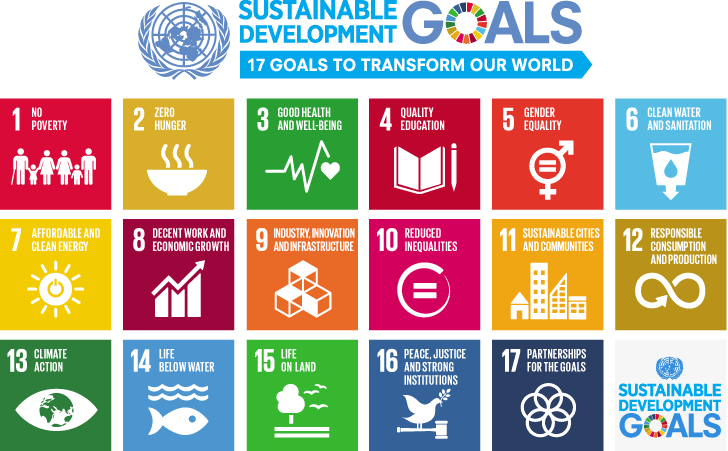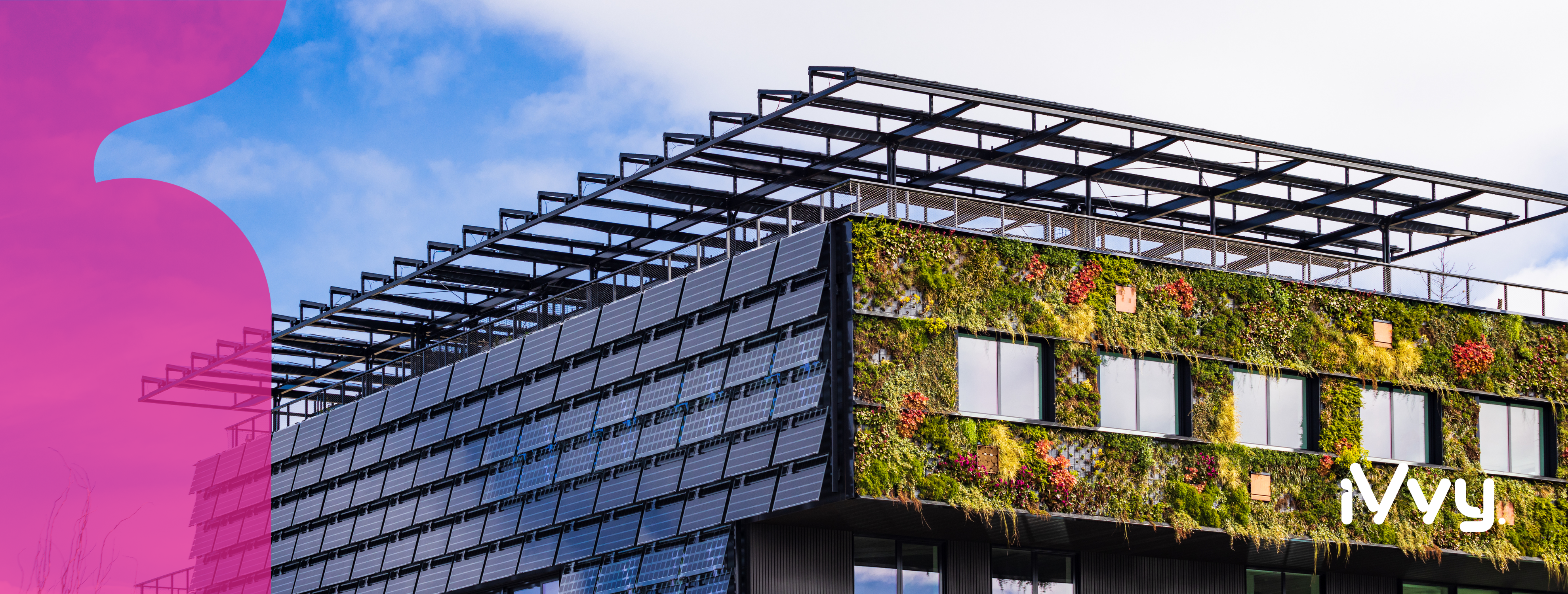Take a closer look at Sustainable Development Goals (SDGs) and how they're relevant for venues looking to establish sustainable event spaces.
As one of the world’s largest contributors to carbon output, the hotel industry must reduce its emissions by 66% per room by 2040 and 90% per room by 2050 to ensure the industry’s predicted growth does not lead to a corresponding emissions increase. Hotels and hospitality venues worldwide have adopted Sustainable Development Goals (SDGs) to curb the industry's significant environmental impact.
Find out more about SDGs, and why venues use them as a foundation for creating friendly spaces for guests, the wider community, and the environment.
What are Sustainable Development Goals (SDGs)?
The SDGs, consisting of 17 sustainable development goals, were initially introduced by the United Nations in 2015 as a collaborative roadmap for fostering global peace and prosperity. Collectively, these goals built on decades of work by countries and the United Nations and act as guiding principles. Under each goal, organisations create smaller targets, with actions that help contribute to the desired outcome.
Each year, an SDG progress report is compiled by the UN Secretary-General. This is based on a specific framework and data collected by national statistical systems. Annual reports provide an overview of progress made by each country and point out areas that need improvement or action.

SDGs for Sustainable Event Venues
While not all Sustainable Development Goals are directly relevant to hotels and hospitality venues, there are several goals that the industry as a whole can directly contribute to achieving, resulting in more sustainable event venues:
Goal #8: Decent Work and Economic Growth
Hampered by new waves of endemic and pandemic infections, supply chain disruptions, and labour market changes, global economic recovery is a process far slower than initially anticipated. Hotels and hospitality venues were significantly impacted by the pandemic, and continue with a slow but steady recovery.
While this Sustainable Development Goal is more vastly comprised of targets to achieve higher levels of economic growth and productivity, hotels and venues can help contribute to these targets by;
- Using technological innovations to increase productivity
- Investing in equal employment opportunities for all workers
- Encouraging youth education, training and apprenticeships in hotels and venues
Goal #12: Responsible Consumption & Production
Unsustainable patterns in how we consume and produce have devastating impacts on the environment. This includes climate change, loss of biodiversity, and increased pollution. Harvesting, transportation, storage, and processing are all contributing to food waste with 17% of total food wasted at the consumer level.
Sustainable event venues can contribute to this goal by implementing responsible consumption and production rules. This includes locally sourcing produce, creating seasonal menus, training kitchen staff on minimising food waste, and having on-site gardens for fresh produce. For events, this can mean having mandatory numbers for catering purposes, and a nominated food bank for leftover food.
Goal #13: Climate Action
Energy-related CO2 emissions reached their highest level ever in 2021, increasing by 6%. Immediate actions are needed to minimise the impacts of climate change, including rising sea levels, extreme weather conditions, increasing natural disasters, and coral reef erosion.
Hotels and sustainable event venues can contribute to climate action by;
- Investing in renewable energy sources, including lighting and heating
- Minimising water consumption - including asking guests to make more sustainable choices with optional towel and bedding replacements
- Eliminating single-use plastics
- Opting for digital venue management systems to transition to paperless
How TFE Hotels Contribute to SDGs One of the leaders in sustainable hotels, TFE opened Hotel Britomart, New Zealand’s first 5 Green Star Hotel. Guests are encouraged to actively participate in lowering carbon emissions with a Stay Green Package. This includes Hotel Britomart planting a native tree at its sister property, The Landing. What stands out at Hotel Britomart is the building’s energy-efficient design, avoiding excessive heat and expelling 50% fewer greenhouse gases than a building meeting New Zealand’s building code minimum requirements.
Also under the TFE Hotel Group, 13 Sydney hotels including Vibe Hotel, Adina, and Travelodge have implemented several sustainable hotel practices, in line with recommendations by the City’s Smart Green Business Program. Sydney’s TFE Hotel Group have collectively reduced water usage by 46 megalitres per year, and a total annual energy reduction of 115 megawatt hours. Greenhouse gas emissions were reduced by 477 tonnes per annum, and operational costs were cut by $185,000. |
How Accor Hotels Contribute to SDGs
Accor Hotels has been an industry champion in sustainable practice, consistently working to deliver quality guest experiences, while creating positive change for community members and the environment. In 2011 Accor (who also operates Mantra Group), identified 21 areas of business where improvements could be made, setting policies for measurable actions and goals. These included reducing the consumption of energy and water, moving towards carbon-neutral buildings, and dramatically reducing food waste by engaging in more sustainable kitchen practices.
In 2021, Accor continued its commitment by joining the Sustainable Hospitality Alliance, a globally run organisation of hospitality companies that address and tackle challenges of sustainability within the industry. With more than 5,200 properties and 10,00 food and beverage venues operating throughout 110 countries, Accor’s commitment to the wider SDGs has made significant impacts on the environment and industry as a whole. |
Creating a Sustainable Event Venue Using SDGs
The biggest changes come with planning. Start your journey towards a more sustainable event venue by first reviewing any current practices in place. Segment different areas of your venue, and identify areas of improvement. Consider any current suppliers and stakeholders - do they share the same vision of investing in greener practices? Are there any changes you can make to switch to using more local produce or supplies?
By starting small and setting measurable, achievable goals, your venue will play an integral role in achieving global SDGs. Sharing progress and goals with guests is also a great way to spread awareness of sustainability issues, and show your progress in eco-friendly practices.
Discover what you can do to make daily operations run more effectively while becoming more eco-friendly - click here.
.png)

